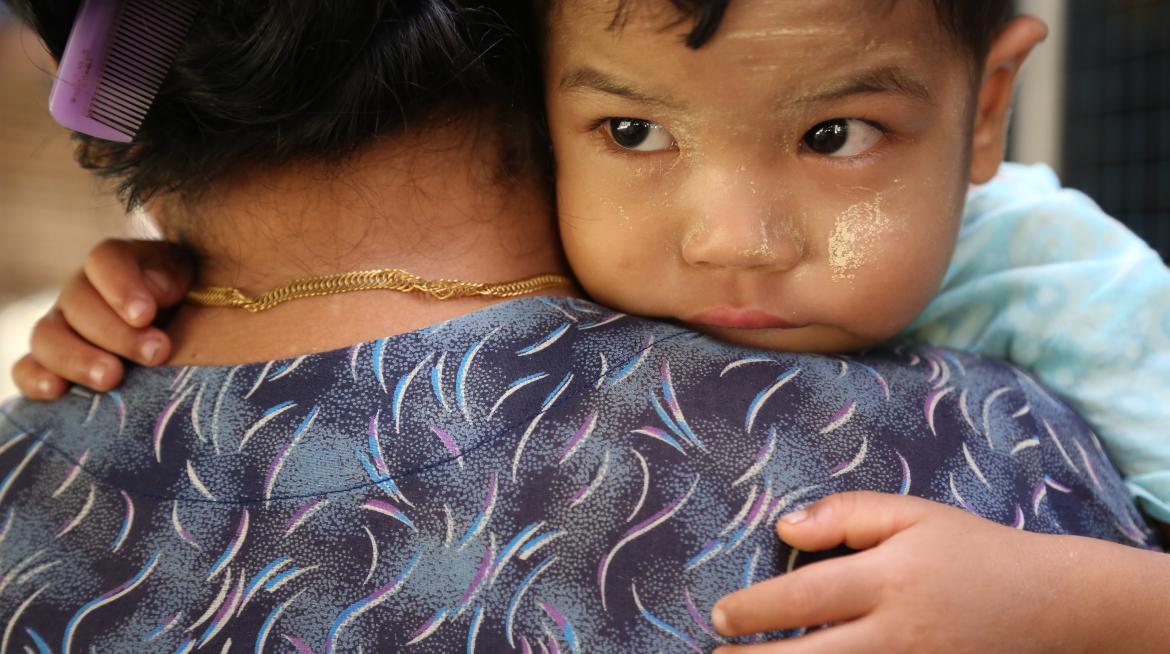
Training in clinical medicine and public health, Dr. Mike has worked in the social protection sector in Myanmar for over 11 years, initially as Country Director for the Leprosy Mission, and subsequently as Director of Research for the Social Policy & Poverty Research Group.
He has served as consultant to the National Disability Working Group, as well as being a key author of the National Disability Survey and of Plan of Action for Persons with Disabilities. He has provided support to the social protection working group, as well as to State and Regional Governments on social protection planning.
The Social Policy & Poverty Research Group works with government departments and humanitarian partners to build capacity in evidence based planning for development. SPPRG has published over 30 research papers on social protection and poverty reduction in Myanmar over the past 2 years, including the ‘Basic Principles of Social Protection’ book for members of Parliament, and ‘Research-based Strategies for Poverty Reduction and Social Protection in Myanmar’ booklet for the 2014 Development Partners Forum.
Social protection will play a crucial role in ensuring the success of this stage in Myanmar’s socio-economic development. Safety nets enable citizens to invest more in education, livelihoods and longer-term development strategies.
But social protection is not limited to safety nets: a critical, and often overlooked element is the building and strengthening of social capital, enabling more effective collective action to share risk, and promote development.
Myanmar has a long history of community-based social initiatives, and recent research has demonstrated the almost ubiquitous presence of community-based social assistance organizations, which in a typical village would annually collect and redistribute around $2,500 worth of assistance to a range of beneficiaries.
SPPRG’s recent CLASP (Community Led Action for Social Protection) pilot, funded through LIFT’s Learning and Innovation programme, works to build the capacity of existing village social organizations to develop and deliver social protection. This project has already yielded encouraging results, which illustrate both the enthusiasm for such initiatives at community level, and also the impacts of such initiatives beyond social assistance.
Apart from establishing programmes to address key social protection issues at community level such as assistance to older persons, persons with disabilities, healthcare assistance and educational and nutritional support, the process of strengthening community organizations has shown benefits in terms of community cohesion and capacity for collective action. Amongst the five villages in the first pilot phase, as a result of the process, one was able to secure local government assistance to improve a road and access an electricity line; another was able to build a network with other social organizations in the nearby town to share resources; a third, extremely impoverished village, was able to lobby local government to be eligible for a $30,000 development grant.
The process has illustrated the way in which the grassroots approach not only enables localized social protection, but also enables communities to connect with local authorities, who are also very enthusiastic participants in the process. Hence, when developing social protection systems, it is important to consider how we can build on, and strengthen existing social infrastructure not only to deliver social protection, but also to enable communities to act collectively for broader socio-economic development.



